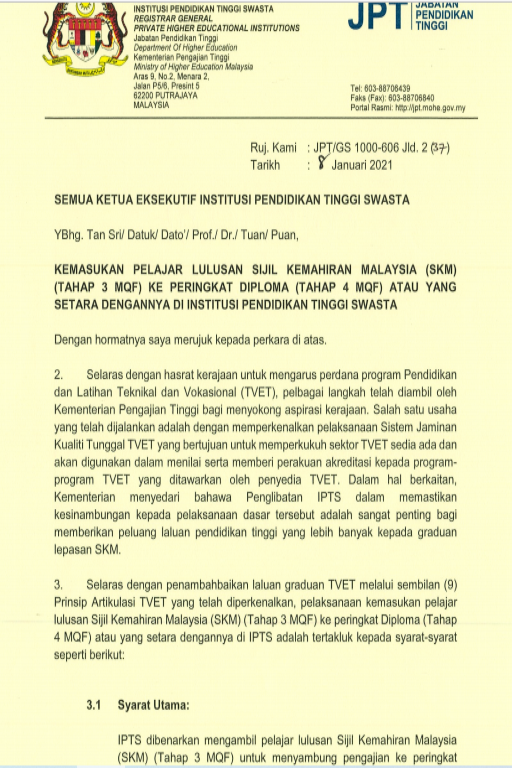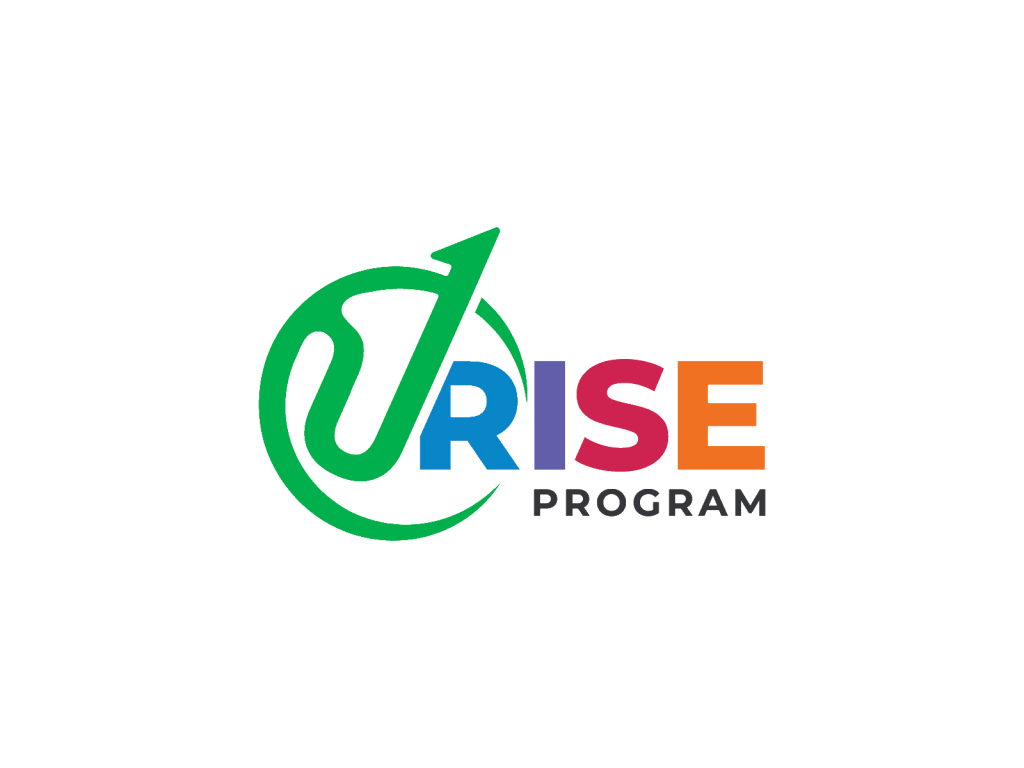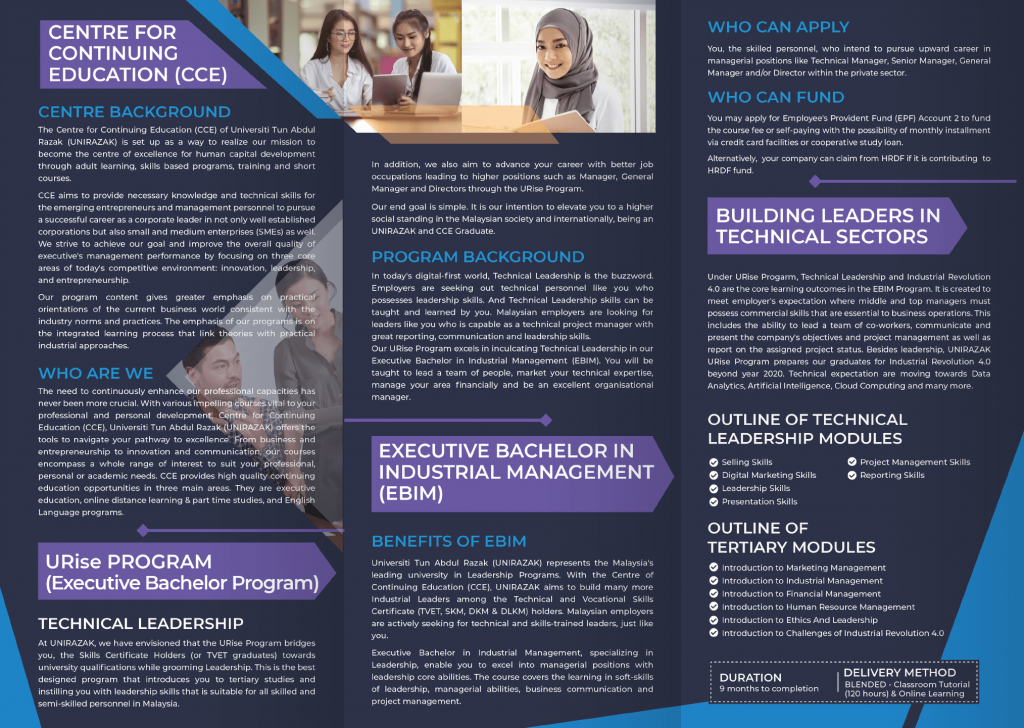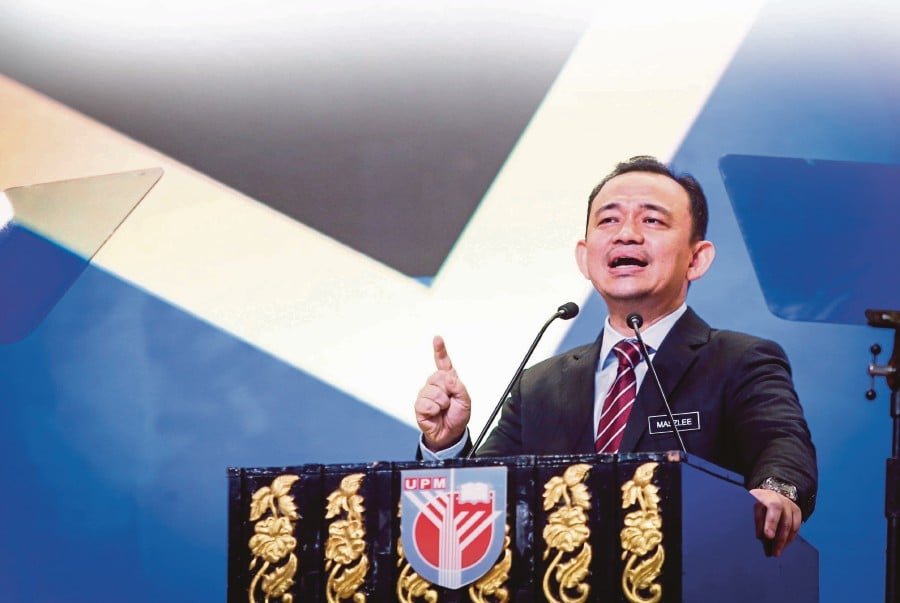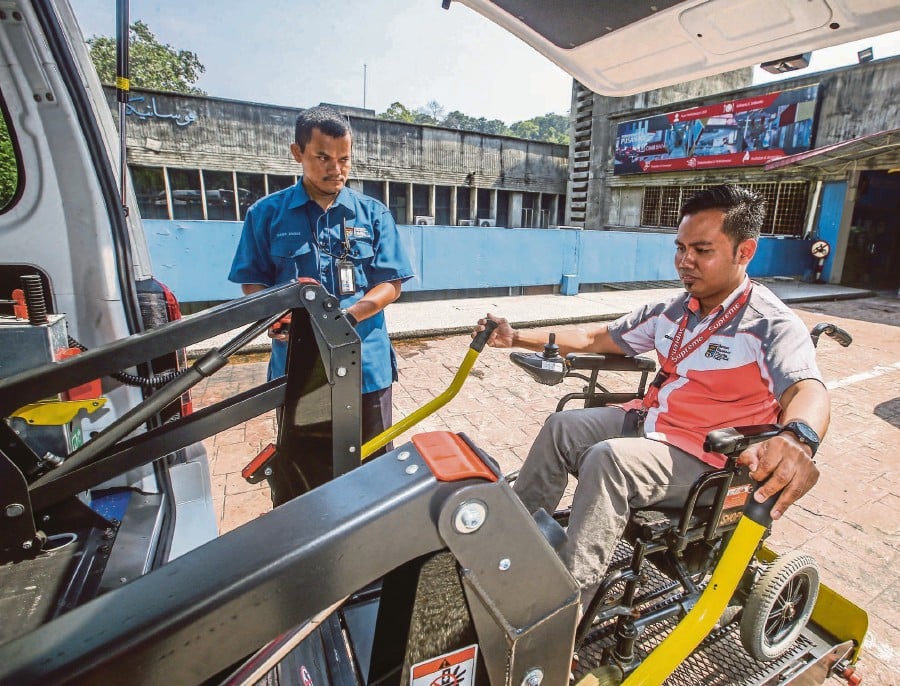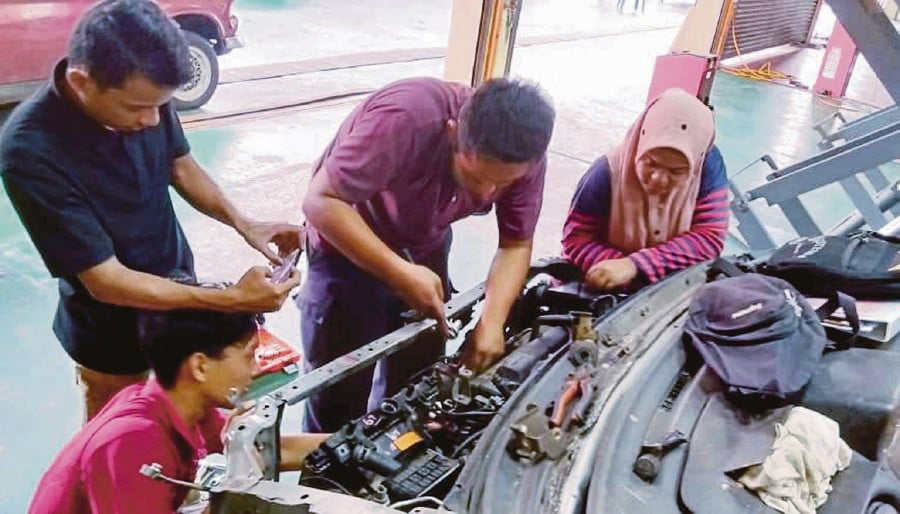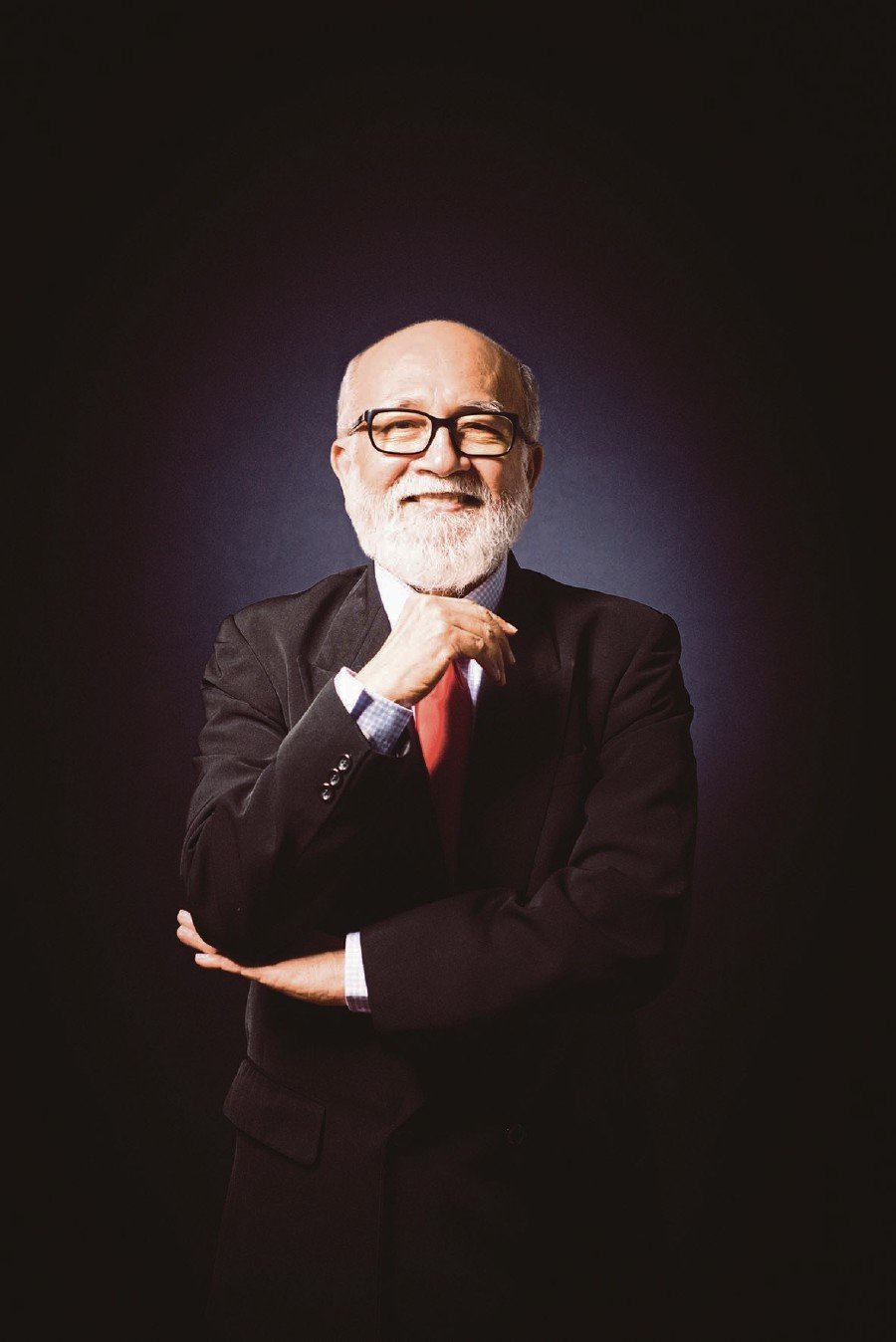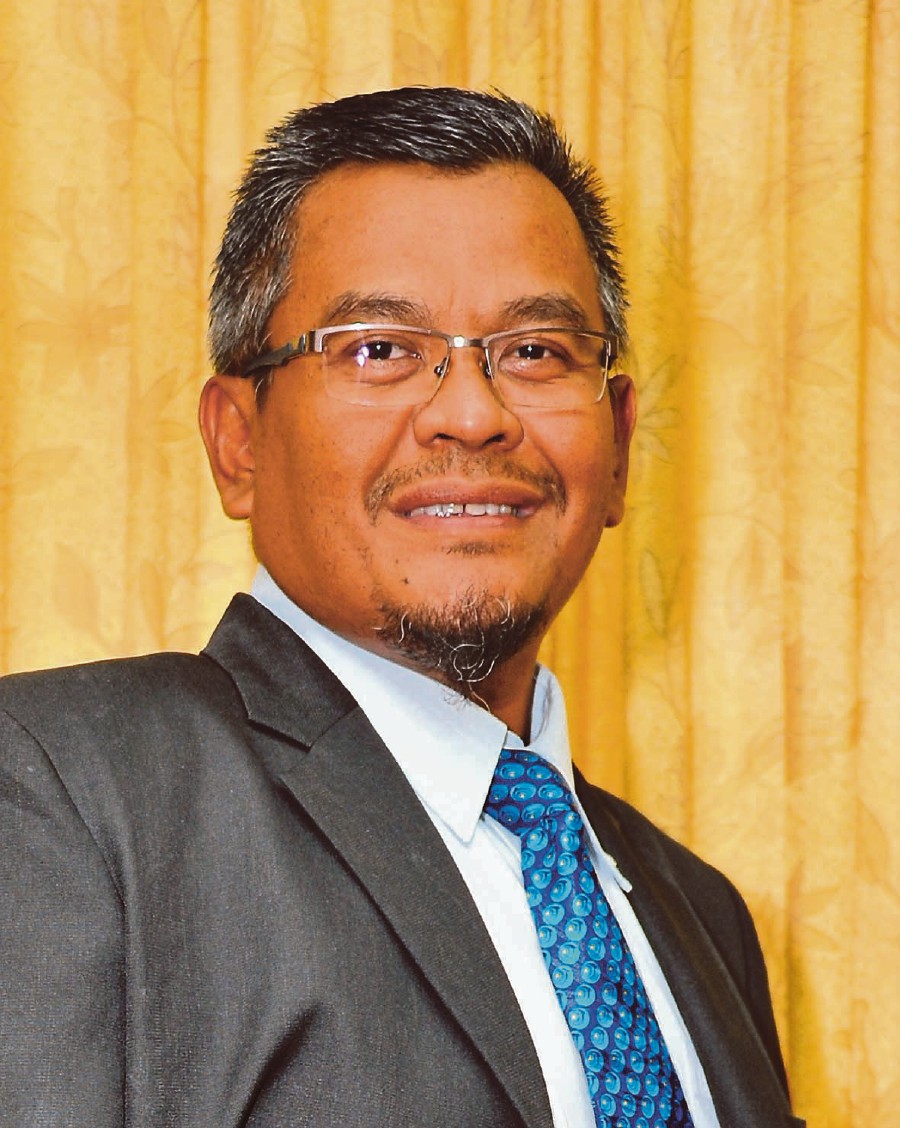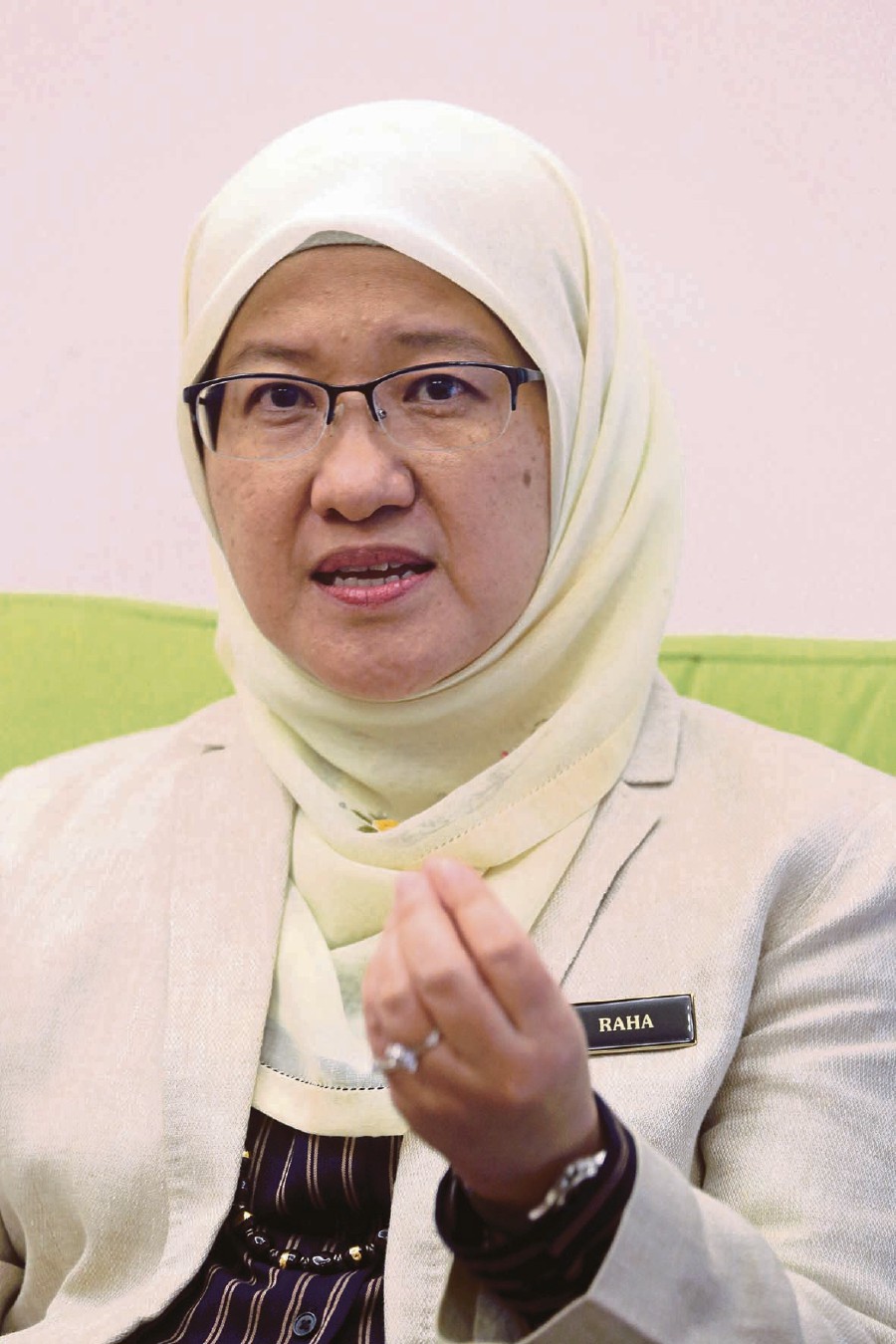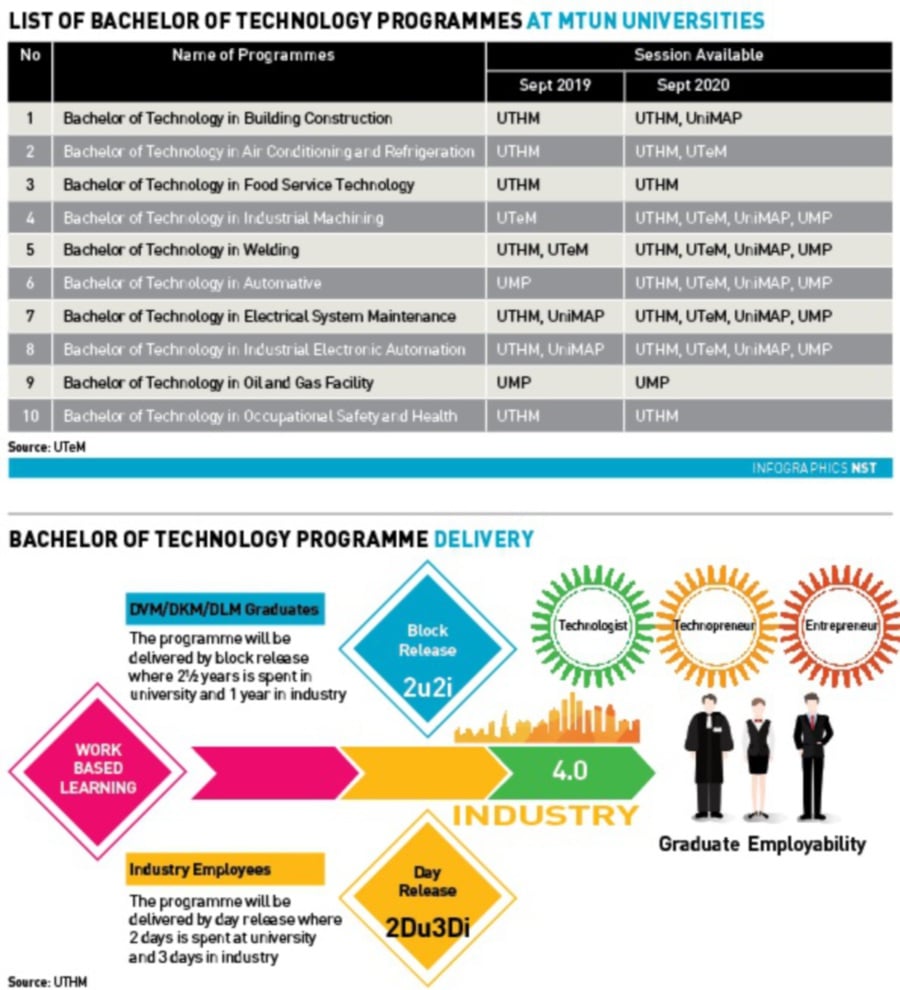Kelebihan Sijil Kemahiran Malaysia (SKM)
10 Kelebihan Sijil Kemahiran Malaysia (SKM)? Ada banyak tu ke?
JOM kita terokai apa kelebihan sekiranya anda ada Sijil Kemahiran Malaysia (SKM) atau lebih tinggi lagi, Diploma/Diploma Lanjutan Kemahirna Malaysia (DKM/DLKM).
Persijilan Kemahiran Malaysia ini dikeluarkan oleh Jabatan Pembangunan Kemahiran (JPK), Kementerian Sumber Manusia. Anda boleh:
Dari segi pekerjaan. Anda boleh:
1. Terus bekerja sebagai pembantu bahagian operasi atau pembantu mekanik dengan syarikat/orang perseorangan tertentu. Pastinya anda lebih menjadi rebutan berdasarkan kemahiran yang anda miliki. Ini kerana pihak syarikat tidak perlu memberi latihan lagi kepada anda. Anda boleh rujuk Panduan Gaji Permulaan 2020 untuk 200 pekerjaan terpilih dari sini.

2. Diterima bekerja di sektor awam/kerajaan. Contohnya Penolong Pegawai Latihan Vokasional/Pegawai Latihan Vokasional.

3. Kerja secara freelance – Kemahiran yang dipelajari boleh digunakan untuk memberi perkhidmatan atau jalankan perniagaan sampingan.
Contohnya pemegang Sijil Kemahiran Malaysia elektrik (kursus elektrik) boleh melakukan pendawaian elektrik, pelajar kursus kulinari boleh masak dan jual makanan secara online, kursus komputer (sistem komputer) boleh membaik pulih dan menyelenggara komputer dsbgnya. Dengan kemahiran ini juga dapat menjana pendapatan sampingan. Pastinya dengan SKM yang anda miliki memberi keyakinan kepada pelanggan.

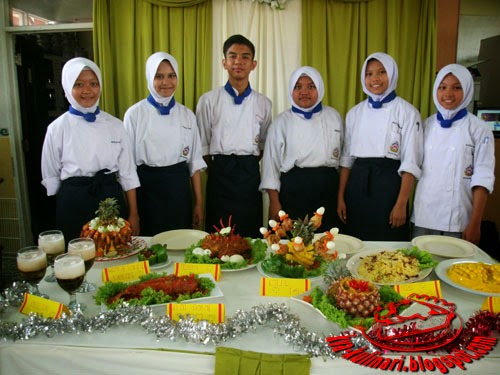

4. Anda boleh membuka perniagaan sendiri – sesetengah PBT perlukan SKM untuk kelulusan lesen premis.
Lulusan SKM berpeluang menjadi seorang usahawan dengan membuka perniagaan sendiri dengan kemahiran yang dimiliki. Antara bidang kemahiran yang menjadi perhatian adalah seperti bengkel kereta, bakeri, kedai jahitan, salon dan sebagainya.
5. Adakah anda tahu bukan sahaja Sijil Kemahiran Malaysia diterima di industri tetapi juga di luar negeri?
Sudah banyak kes di mana Kedutaan Negara Asing di Malaysia cuma menyokong (endorse) Sijil Kemahiran Malaysia (SKM), Diploma Kemahiran Malaysia (DKM) & Diploma Lanjutan Kemahiran Malaysia (DLKM) tetapi tidak sijil-sijil kemahiran/akademik lain, walaupun ia mungkin datang dari UK, Australia atau Germany, kecuali ia adalah dari badan professional yang dikenali dunia (seperti ACCA, CIBTAC, CIDESCO, TWI dsbgnya).
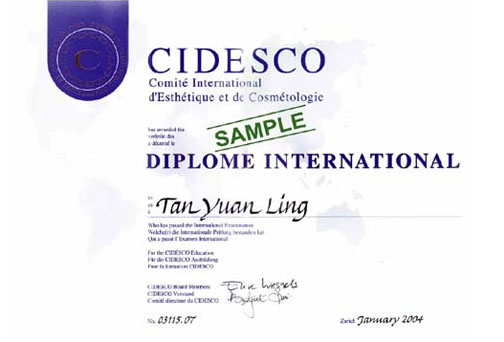
Apakah kepentingan ini? Jika anda ingin bekerja dalam industri kemahiran di Dubai, Australia, China ke mana-mana di luar Malaysia, majikan dan kedutaan rata-ratanya hanya mengiktiraf SKM/DKM/DLKM. Tak percaya? Cuba pergi tanya pegawai di Kedutaan Asing ataupun Jabatan Pembangunan Kemahiran (JPK).
6. Menjadi Pegawai Penilai ataupun selalu dipanggil sebagai tenaga pengajar / cikgu / guru di PLK- Pusat Latihan Kemahiran samada di PLK awam (seperti di ILP/IKBN/GiatMARA/ADTEC dll dimana kod pusat bermula huruf K ) atau PLK swasta (kod pusat bermula L) atau syarikat konsortium@industri. Syarat minima untuk melayakkan anda sebagai Pegawai Penilai (bukan setakat tenaga pengajar) di PLK ini adalah SKM Tahap 3. Apa yang perlu anda lengkapkan lepas SKM Tahap 3/DKM tersebut ialah ambil Sijil Pengajar Vokasional (VTO / I-031-3:2014) yang boleh diambil di PLK awam seperti CIAST atau PLK swasta seperti I Smart Educare
Satu lagi sijil lain adalah sijil Induksi PP-PPD-PPB.
7. Jadi pengajar untuk sistem SLDN. Peranan sebagai Pengajar di Pusat SLDN adalah melatih perantis untuk bahagian teori sebelum mereka menjalani latihan praktikal di dalam sesuatu industri. Contohnya dalam bidang Teknikal; Kompetensi Pembelajaran & Metodologi; dan Kompetensi Sosial & Kemanusiaan.
8. Berpeluang dilantik sebagai Pegawai Pengesah Luaran (PPL) – Anda juga berpeluang dilantik sebagai Pegawai Pengesah Luaran(PPL). PPL ini merupakan individu penting yang bertugas sebagai wakil JPK untuk membuat pengesahan penilaian dan seterusnya status TERAMPIL/TIDAK TERAMPIL pelajar semasa peperiksaan akhir teori dan amali di Pusat Bertauliah JPK. PPL ni bertindak seperti auditor atau pegawai wazir PLK.
Syarat bagi lantikan sebagai PPL-SLaPB – wajib ada sijil induksi PP-PPD-PPB & PPL atau PPL-SLDN – wajib ada sijil induksi SLDN & PPL & pengalaman industri bidang SKM yang sama >>10 tahun.
9. Berpeluang dilantik sebagai Pegawai Penilai-Pengiktirafan Pencapaian Terdahulu (PP- PPT).
PP-PPT adalah merupakan personel yang memenuhi kelayakan yang ditetapkan dan diberi kuasa oleh Ketua Pengarah untuk menilai pengalaman dan pencapaian terdahulu yang dimiliki oleh calon. Syarat bagi lantikan sebagai PP-PPT adalah wajib ada sijil induksi PP-PPT & pengalaman industri bidang SKM yang sama >>10 tahun.
Dari segi melanjutkan pendidikan (min SKM3). Anda berpeluang :
10. Lanjutkan pengajian ke peringkat:
a) Diploma Kemahiran Malaysia – DKM
DKM ini kelayakannya adalah menyamai atau setaraf dengan Diploma MQA dari universiti awam/swasta. Ia diiktiraf oleh kerajaan bagi tujuan lantikan ke dalam Perkhidmatan Awam (SPA).
Selepas DKM, anda berpeluang melanjutkan pengajian ke peringkat DLKM (Diploma Lanjutan Kemahiran Malaysia) dalam bidang kemahiran yg anda ambil tu.
Tak tahu nak ambil kat mana? Sila isi borang ni.
Jika anda ada sekurang-kurangnya pengalaman kerja 2 tahun ke atas dalam bidang SKM anda dan memiliki SKM3, anda juga boleh pertimbangkan untuk mohon DKM secara PPT (Pengalaman kerja). Sekiranya tidak tahu caranya walaupun telah baca Panduan dan perlukan bimbingan dari A-Z, boleh ikuti bengkel pembangunan portfolio yang dianjurkan oleh ISE Education Sdn Bhd.
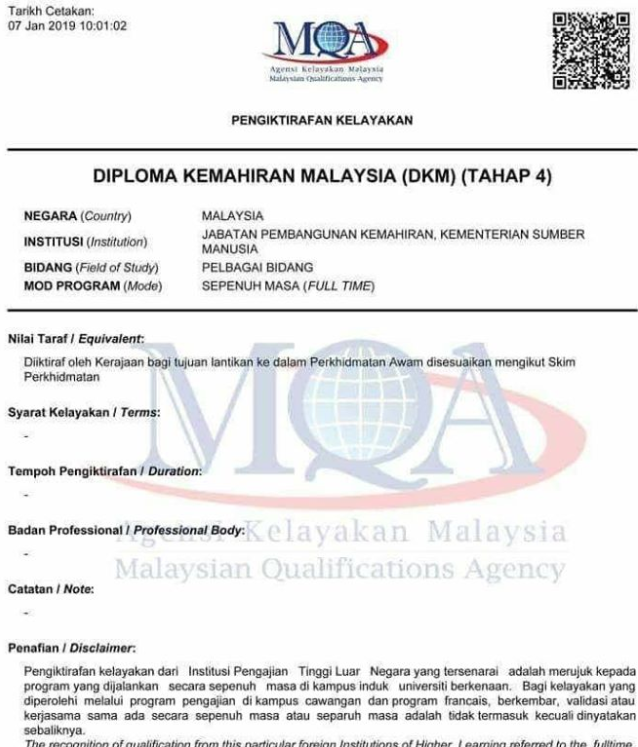
b) Diploma Akademik, tanpa SPM
Dengan Sijil Kemahiran Malaysia Tahap 3 dan TANPA SPM , anda juga layak diterima untuk melanjutkan pelajaran peringkat Diploma Akademik di IPTS. Ini adalah perkembangan terbaru (mulai Jan 2021) kerana sebelum ini, anda perlu lulus SPM dengan 1 kredit, bersama dengan SKM3 untuk layak melanjutkan program Diploma Akademik.
c) Ijazah Pengurusan Industri @ URise
Anda juga boleh pertimbangkan untuk sambung terus ke Ijazah Eksekutif (tanpa MQA), sekiranya anda kerja di sektor swasta, perlukan Ijazah untuk kenaikan pangkat ataupun meningkatkan ilmu dalam bidang pengurusan secara amnya (ia adalah pelengkap kepada kemahiran teknikal anda).
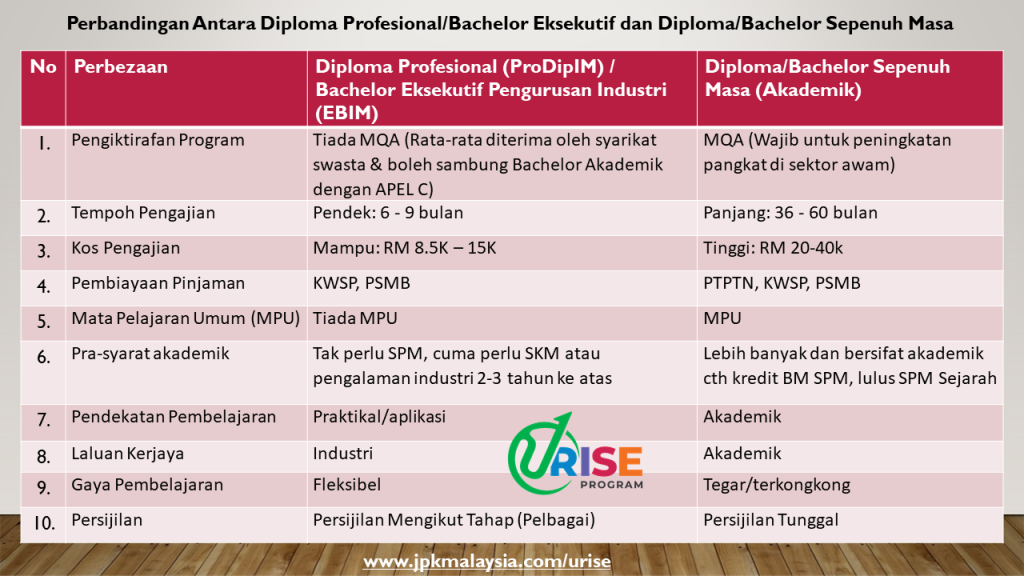
Syarat Kemasukan program URise (Ijazah yang direka khas untuk pemegang Sijil Kemahiran Tahap 3 ke atas, dengan pengalaman kerja-digalakkan) adalah:
1. Warganegara Malaysia berumur 18 tahun ke atas dan
2. SKM/SPMV/DKM/DLKM ATAU
3. Pengalaman industri >2 tahun
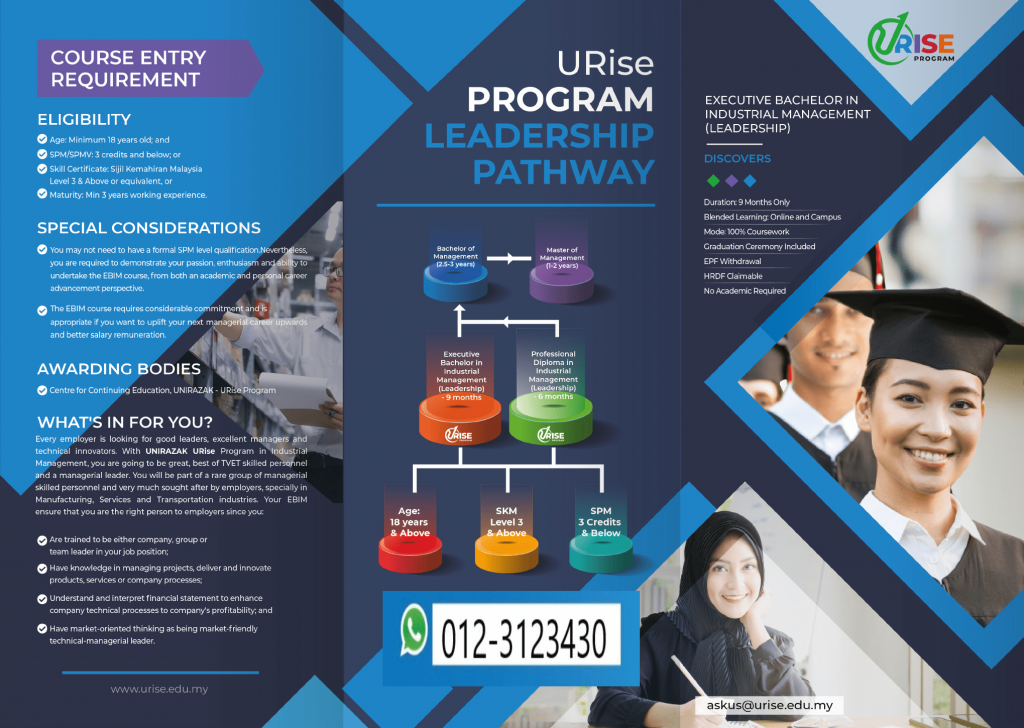
Jadi, jangan pandang sebelah mata ye mereka yang memiliki SKM/DKM ini biarpun syarat asas/minima untuk mengambil program SKM hanya berumur lebih 16 tahun, mempunyai minat terhadap sesuatu bidang/program, boleh membaca, menulis dan mengira. Dengan syarat minima ini, lepasan UPSR/PT3/PMR pun boleh diterima untuk melanjutkan pelajaran SKM di PLK(Pusat Latihan Kemahiran) yang diiktiraf oleh JPK.
Takda Sijil Kemahiran Malaysia lagi?
1. Belajar di Pusat Latihan Kemahiran
a) Awam – Sila cari sendiri di sini
b) Swasta – Sila isi borang di sini
2. Melalui Pengiktiran Pencapaian Terdahulu (pengalaman kerja)
Sekiranya anda tak tahu bidang kemahiran apa yang boleh dipersijilkan, sila rujuk Daftar NOSS dari sini (muat turun)

